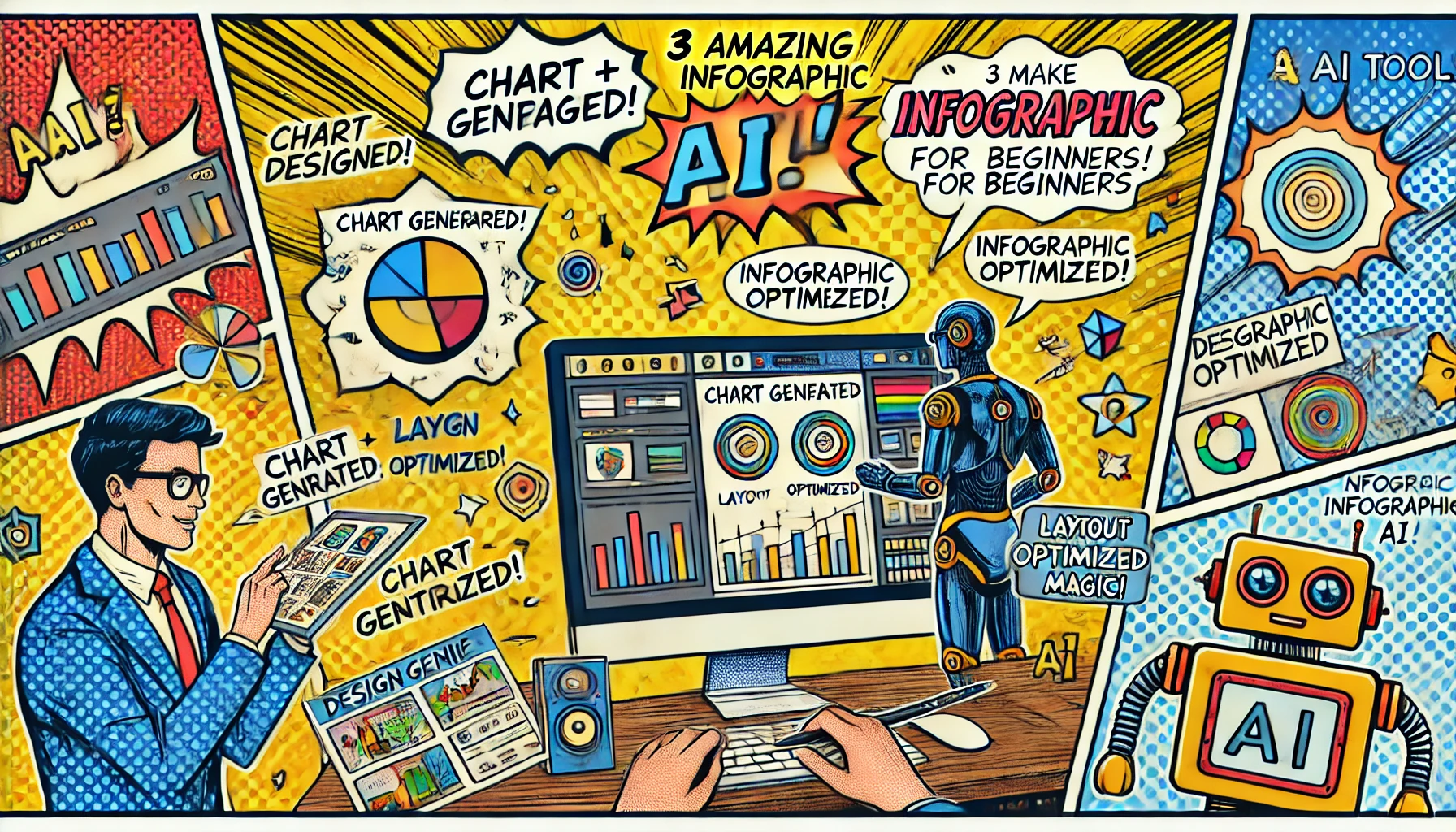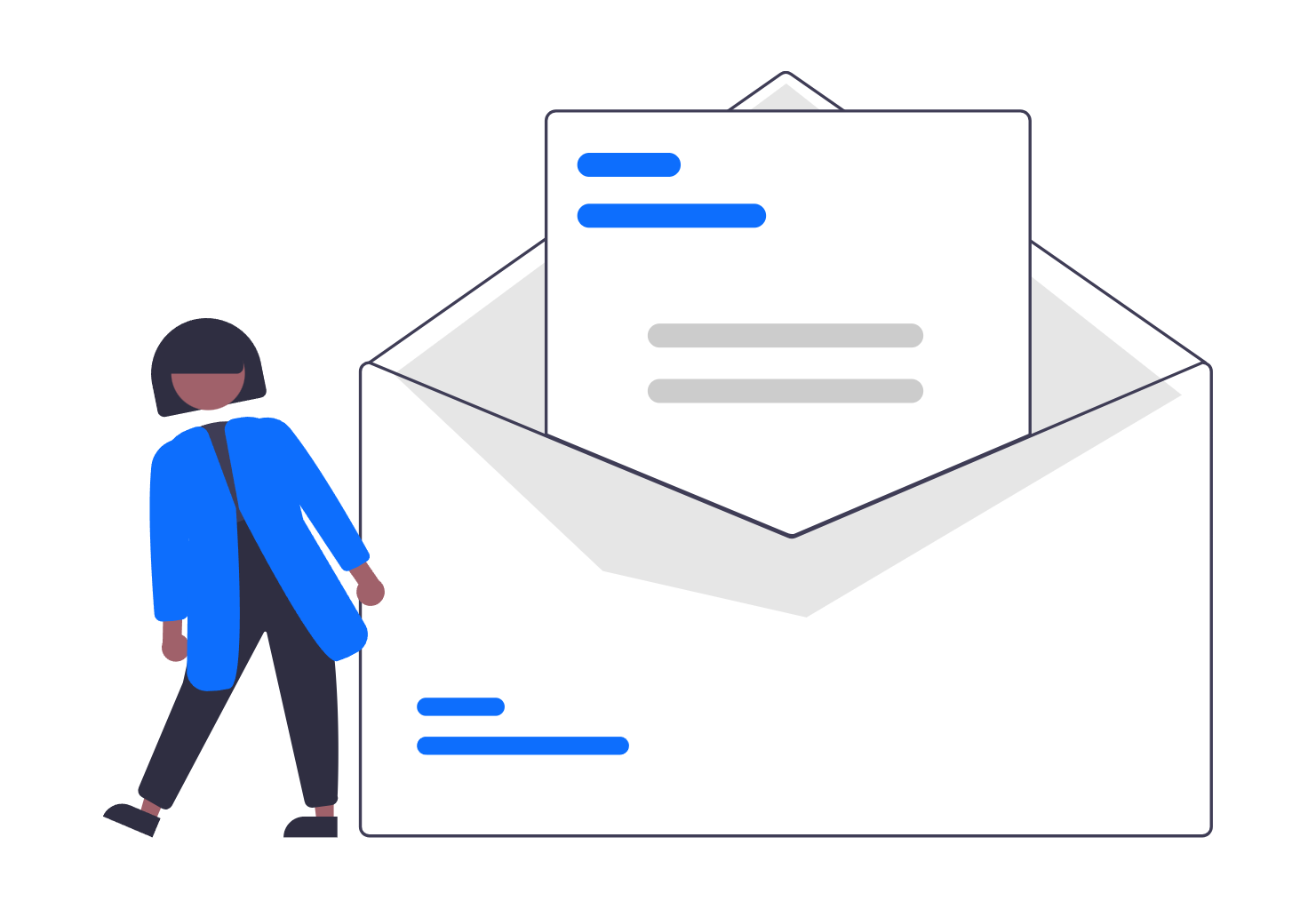
AI Systems Show Promising Results in Early Cancer Detection
A new report from MedTech Insights, released in April 2025, highlights how artificial intelligence (AI) is making big strides in helping doctors detect cancer earlier than ever before. With the help of smart computer programs, doctors and researchers can now look at medical scans, lab results, and patient health records to find cancer in its earliest stages—sometimes even before a patient feels sick. These early results give patients a better chance of getting fast treatment and improving their health.
This important research included data from hospitals and medical centers in the United States, Europe, and Asia. The study showed that AI systems were able to detect early signs of cancer in more than 90% of the patients. That’s a big success rate! These findings could completely change how cancer is found and treated, and they give new hope to millions of people around the world.
Doctors have always relied on tests like X-rays, CT scans, and MRIs to look for signs of cancer. But early-stage cancer can be very small or hidden, which means doctors might not see it right away. That’s why catching it early is so important—because the earlier it’s found, the easier it is to treat. AI systems are helping by looking at thousands of medical images at once, and they can often notice tiny signs of cancer that are hard for the human eye to catch.
Waiting for test results used to take days or even weeks. But with AI, results come faster and can be more accurate. For example, AI can scan images in just minutes, point out areas that need closer attention, and suggest what doctors should do next. These tools not only save time but can also reduce the chances of errors or missed signs.
How AI Helps Doctors Find Cancer Early:
- Reads Medical Scans Quickly: AI tools look at mammograms, CT scans, and MRIs to search for signs of cancer. This is especially helpful for spotting breast cancer, lung cancer, skin cancer, and more. It can do this very fast—often in seconds.
- Reviews Patient Records for Patterns: AI doesn’t just look at pictures. It also checks a patient’s history, including blood tests, past illnesses, and family history, to find patterns that could mean a higher risk of cancer.
- Accurate and Fast Results: In studies, AI systems were right about early cancer signs more than 90% of the time. In many cases, they found problems even before the patient noticed symptoms.
- Supports Decision-Making: Doctors use the AI results to decide if more tests or treatments are needed. This helps avoid delays and makes the healthcare process smoother for everyone.
- Used in Many Types of Cancer: AI is now being used to help find different types of cancer, including prostate, colon, liver, and ovarian cancer, giving doctors more tools for more diseases.
“This technology gives us new ways to fight cancer,” said Dr. Linda Nguyen, a leading oncologist from Boston. “By using AI, we can give patients more time and better treatment options.”
Dr. Arjun Patel, a global expert on AI in healthcare, added, “These tools are helping us bring better cancer care to every corner of the world. It’s a big leap forward for global health.”
Important Numbers from the Study:
- The study included over 1,500 patients across three continents.
- AI tools were 92% accurate in spotting early cancer signs.
- 68% of patients received treatment earlier thanks to AI screening.
- Diagnosis time dropped by 30% in hospitals using AI.
- Patient satisfaction with care improved by 22% in clinics using AI tools.
Analysis & Impact
How AI Is Improving Healthcare Around the World:
- Earlier Detection Saves Lives: Finding cancer early allows doctors to treat it before it spreads. This can lead to higher survival rates and better outcomes for patients.
- Frees Up Time for Doctors: Since AI can check medical images so quickly, doctors have more time to talk with patients, plan treatments, and provide personal care.
- Expands Access to Quality Care: Small clinics and hospitals in rural areas may not have cancer experts. AI tools can help them offer better diagnoses without needing a large team.
- Reduces Medical Errors: AI systems can help avoid mistakes by double-checking results, leading to safer and more reliable healthcare.
Challenges and Risks:
- Not 100% Perfect: AI can still miss something or give a wrong result. That’s why doctors still need to review everything and use their experience.
- Cost and Technology Gaps: Advanced AI tools cost a lot of money. Some hospitals, especially in developing countries, may not be able to afford them right now.
- Data Privacy Matters: AI tools use sensitive health data. Hospitals and tech companies must protect that information and follow strict privacy rules.
- Training is a Must: Doctors and nurses need training to understand how AI tools work. Without the right training, these systems won’t be used correctly.
Resources & References
- MedTech Insights – April 2025 AI in Oncology Report
- American Cancer Society – Benefits of Early Cancer Detection
- World Health Organization – Global Cancer Report 2025
- Journal of Medical AI Research – Early Diagnosis Case Studies
- HealthTech Weekly – AI in Hospitals Review
- CancerCare Global – AI Innovation in Rural Health Systems
Artificial intelligence is quickly becoming a powerful tool in the fight against cancer. By helping doctors find problems earlier, AI could lead to faster treatments, better results, and more lives saved. As this technology grows and improves, it’s important to make sure it’s used in safe, fair, and helpful ways for everyone.
Would you be comfortable having an AI system help find health problems? Do you think AI could be used more in hospitals near you? Share your thoughts in the comments below, and don’t forget to follow us for more updates on how AI is changing the world of medicine!


